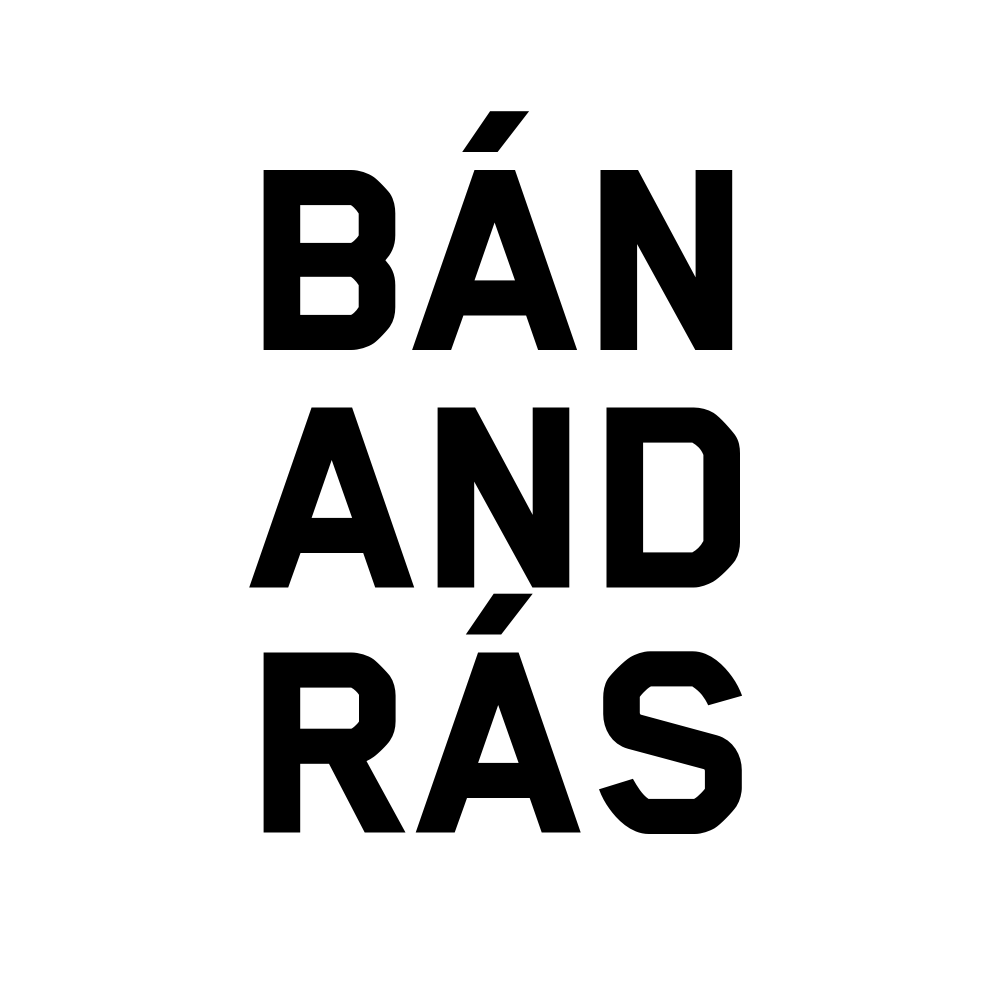How I’d explain coaching to an alien – in 6 points…
In 2025, the award-winning Balance wellbeing program continues at the Hungarian office of Publicis Groupe. As part of the program, I’m available for individual coaching sessions every other Friday, which employees can book directly with me.
To promote the program, their internal newsletter focused on coaching and featured a short interview with me – I was asked some truly exciting questions. I’m sharing that with you now.
1.If you were to explain what coaching is to an alien, how would you describe your work?
If they had never visited our solar system before, I’d start by saying: I get paid to talk to people.
If they had some knowledge of human civilization, I’d explain to this alien that, in my role as a coach, I act as an external observer—free of any personal agenda and judgement—to help my clients understand exactly where they are, how they got there, and where they want to go. Together, we explore possible paths to their goals, I support them in making a plan, and I walk alongside them for as long as they need me to.
I also work with several leaders who find it incredibly valuable to have someone they can regularly talk to about their professional or people-related challenges. The C-suite tends to be extremely lonely, a thankless grind, and competitive—so having that space I create on the consultations makes a real difference.
2. Coaching and coaches have become buzzwords lately, and everyone has a piece of wisdom to share. Why is coaching such a hype now?
I started coaching seven years ago, and even back then, I found the term a bit cringeworthy—but I couldn’t come up with a better one. If you type “coach” into a search engine, the first results are mostly about coach training programs. A lot of people think that after a few weeks of training, they can jump into this “easy” job and spend the rest of their lives dishing out advice.
For me, coaching is just a methodology. My approach comes from a mental health perspective. I’m really looking forward to the hype around this profession dying down, so it can be renamed—maybe something old-new, like consultant or helper.
3. What can you help with exactly?
I support individuals through a variety of professional and personal transitions. My main areas of expertise include:
– Managing workplace stress and navigating interpersonal conflicts
– Recovering from burnout and building a sustainable path forward
– Leadership development – whether you're stepping into a leadership role or dealing with the challenges of working under poor leadership
– Career change and discovering a deeper sense of purpose at work
– Life transitions abroad – including moving to a new country or returning home after living abroad
4. Throughout your career, what is your favorite success story?
My profession is deeply rewarding because I get to witness countless success stories—ones in which, I like to believe, I’ve played a small part. Over the years, I’ve worked with more than 250 individual clients and held over 2,000 sessions, so it’s hard to single out just one story (not to mention confidentiality obligations).
What truly excites me is when someone rises above their challenges and grows beyond who they used to be. It energizes me to be part of that process. I genuinely believe that every low point, every crisis, holds the potential for renewal.
For me, the greatest success stories are those in which I can support someone on their journey, starting from a crisis until they reach a point where they’ve restructured their life on a higher level, feeling proud of themselves and at peace with where they’ve arrived.
5. What do you think is the biggest challenge modern talents face today?
In the age of polycrisis, it's hard to pinpoint a single challenge. One thing is certain: we’re not talking nearly enough about the systemic issues rooted in late-stage capitalism and the global economy.
When people are forced to compete with machines (yes, I’m looking at you, generative AI) just to keep their jobs, when productivity becomes the sole unit of value, when companies must endlessly grow profits to please investors—then human nature simply stops mattering.
But we are human beings, and we do have better and worse days. Sometimes we’re moody, hungry, or tired. If we’re not allowed to remain human, then our mental health will deteriorate on a massive scale. I believe we’ve already started to see this in recent years. And we absolutely cannot shift the blame to the individual, because in many cases, burnout is actually a healthy person’s healthy response to the chronic stress caused by unsustainable living conditions.
So the real question is: how do we stay human in an inhumane and unsustainable race? Can we—or even do we—want to live like this?
6. Just like you, we are big advocates for mental health in the workplace, too. Can you recommend some easy, everyday tools that help keep the balance?
We do have individual responsibility when it comes to maintaining our wellbeing. Are we paying attention to the basics—are we sleeping well, moving our bodies, and nourishing ourselves properly? Do we have meaningful, supportive relationships—family, friends we can count on, a strong social safety net? Are we taking regular breaks, even when we don’t feel like we “deserve” them?
Do we know ourselves well enough to understand what kind of environment and role allows us to bring out the best in ourselves? Are we able to communicate our needs based on this awareness? Are we continuously learning, dedicating energy to our personal development? Are we curious about the world and capable of thinking critically?
There’s certainly a lot to work on before we start addressing the systemic issues, which, by the way, we won’t be able to solve individually—but only together.
